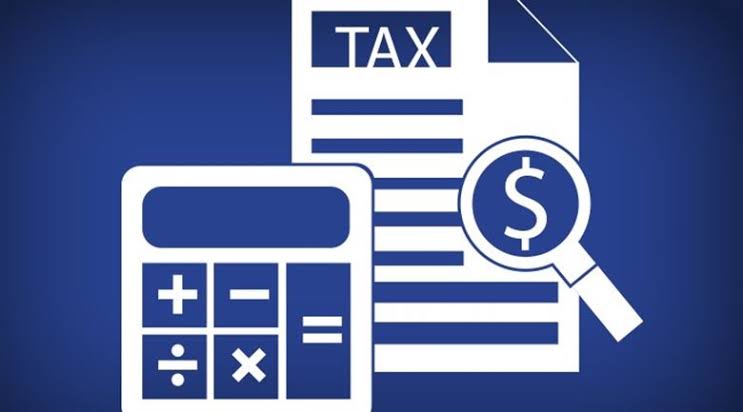-
The agreement was previously signed between the two countries in September 2003
-
Both parties aim to avoid double taxation without creating opportunities for non-compliance with the tax system
In order to remove all the impediments on the path of trade and investment between the two countries, the United Arab Emirates and Austria have entered into an agreement to spare tax payers of double taxation.
The Ministry of Finance (MoF) signed a protocol to amend the agreement for the Avoidance of Double Taxation and Prevention of Tax Evasion concerning taxes on income with Austria. The agreement was previously signed between the UAE Government and Austria in September 2003.
According to WAM, Obaid Humaid Al Tayer, Minister of State for Financial Affairs of the UAE, and Gernot Bluemel, Austrian Finance Minister, signed the agreement on Thursday, in the presence of Dr. Andreas Liebmann, Ambassador of the Republic of Austria to the United Arab Emirates; Abdullah Ahmed Al Obaidly, Director of Relations and International Financial Organizations at MoF; and officials from both parties.
Obaid Al Tayer stressed the importance of consolidating the financial, economic and investment relations between the UAE and Austria, to support the common interests of both countries.
He said, “The UAE will continue to strengthen cooperation in all fields that benefit the peoples of both countries and enhance the comprehensive and sustainable development process. The signing of this protocol boosts the bilateral economic relations between the UAE and Austria in tax matters.”
Through this protocol, both parties aim to avoid double taxation concerning taxes on income, without creating opportunities for non-compliance with the tax system or reduced taxation through tax evasion or avoidance.








